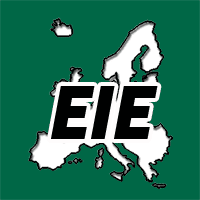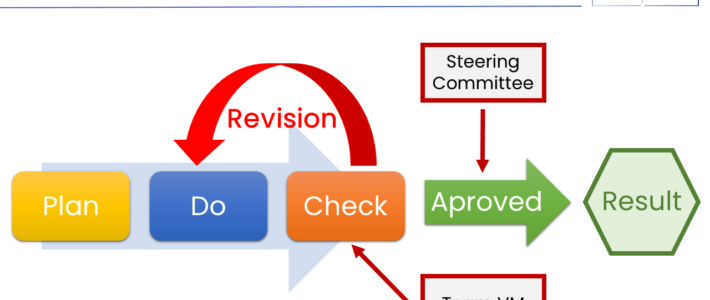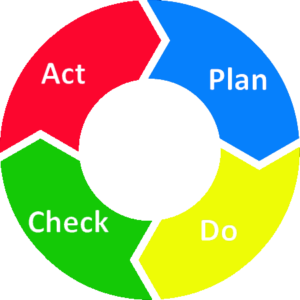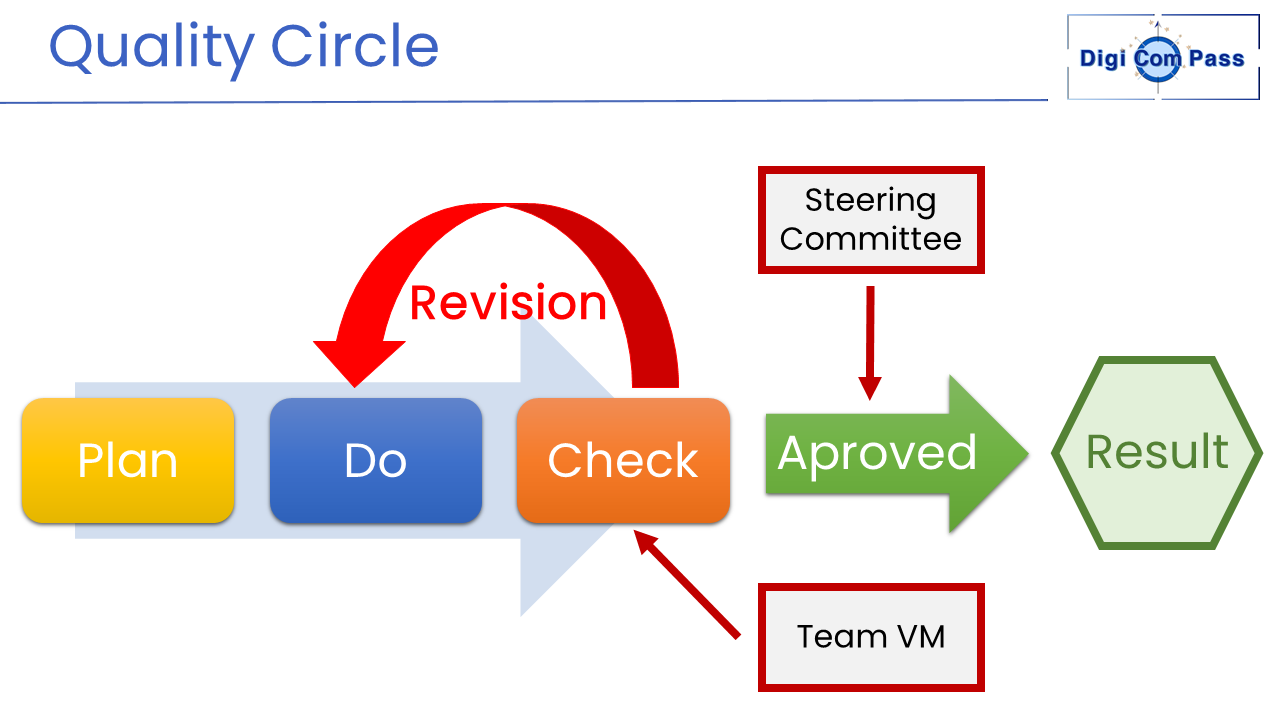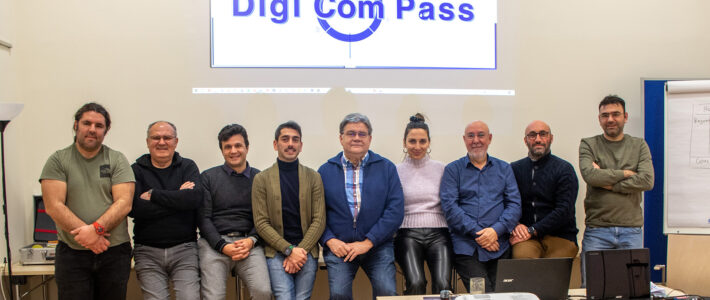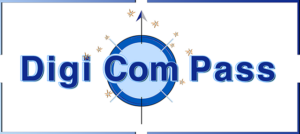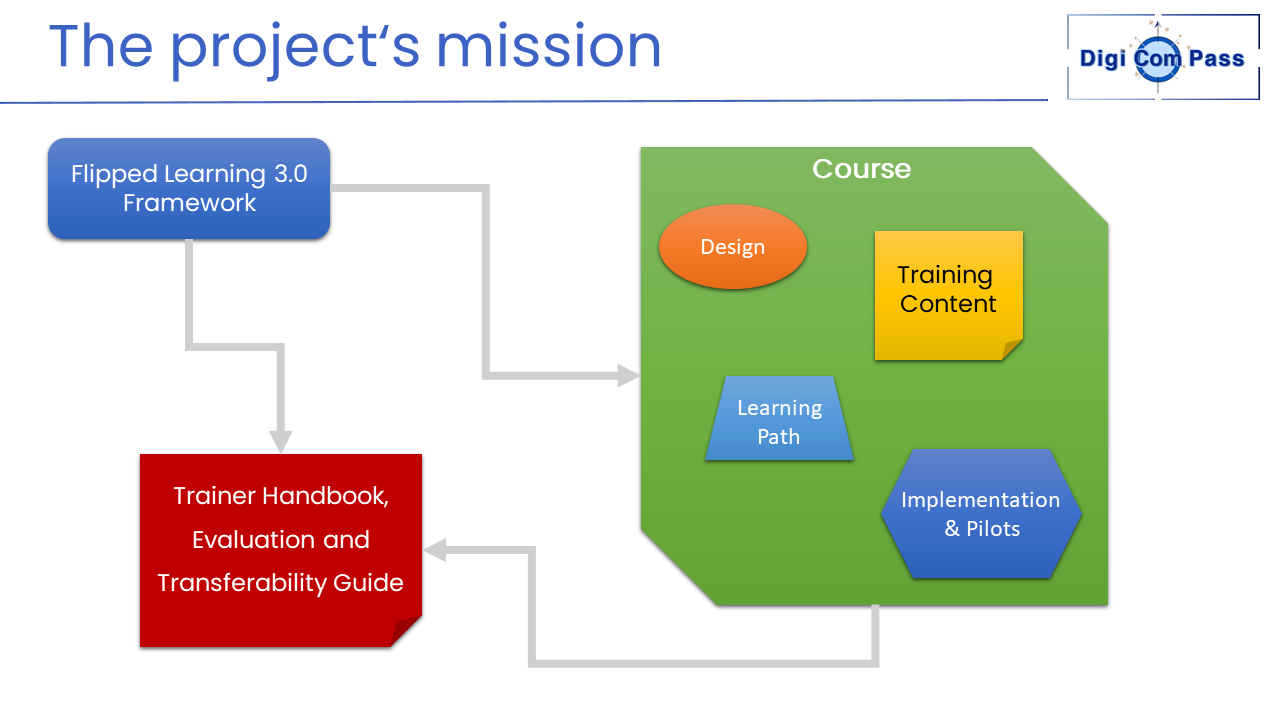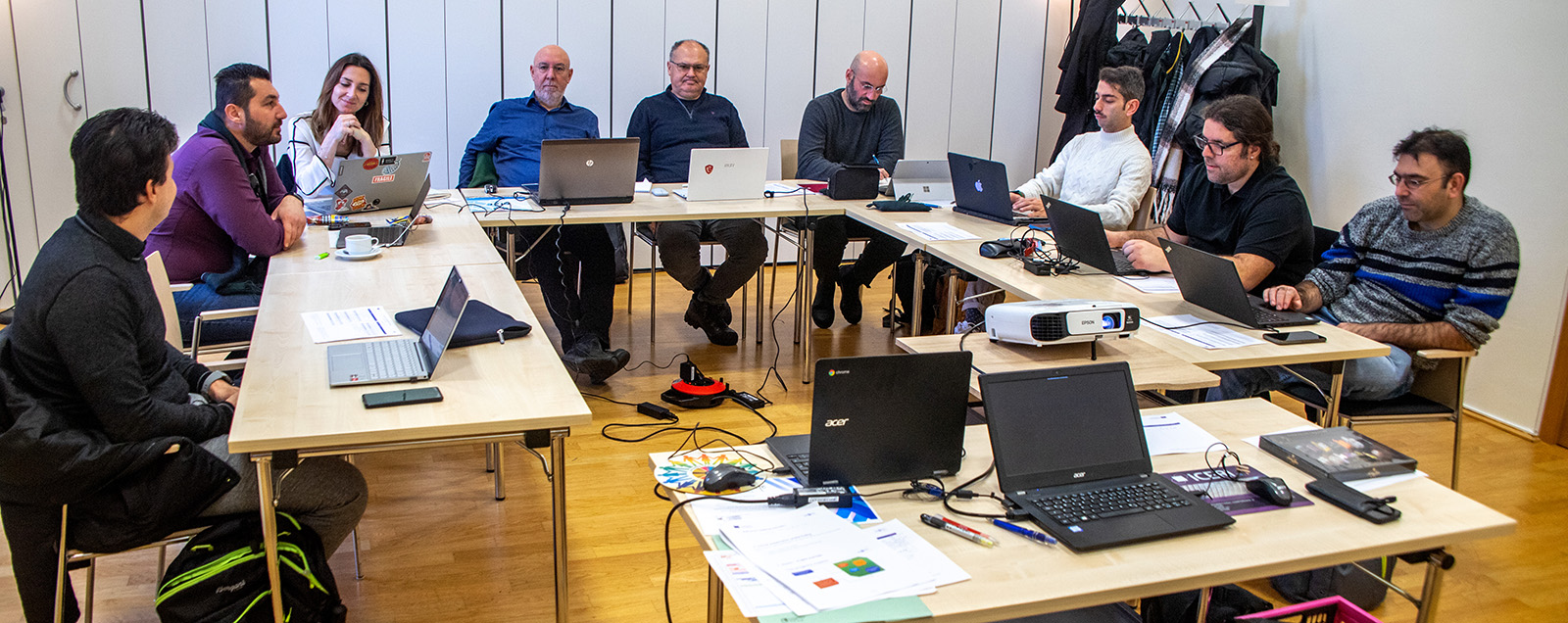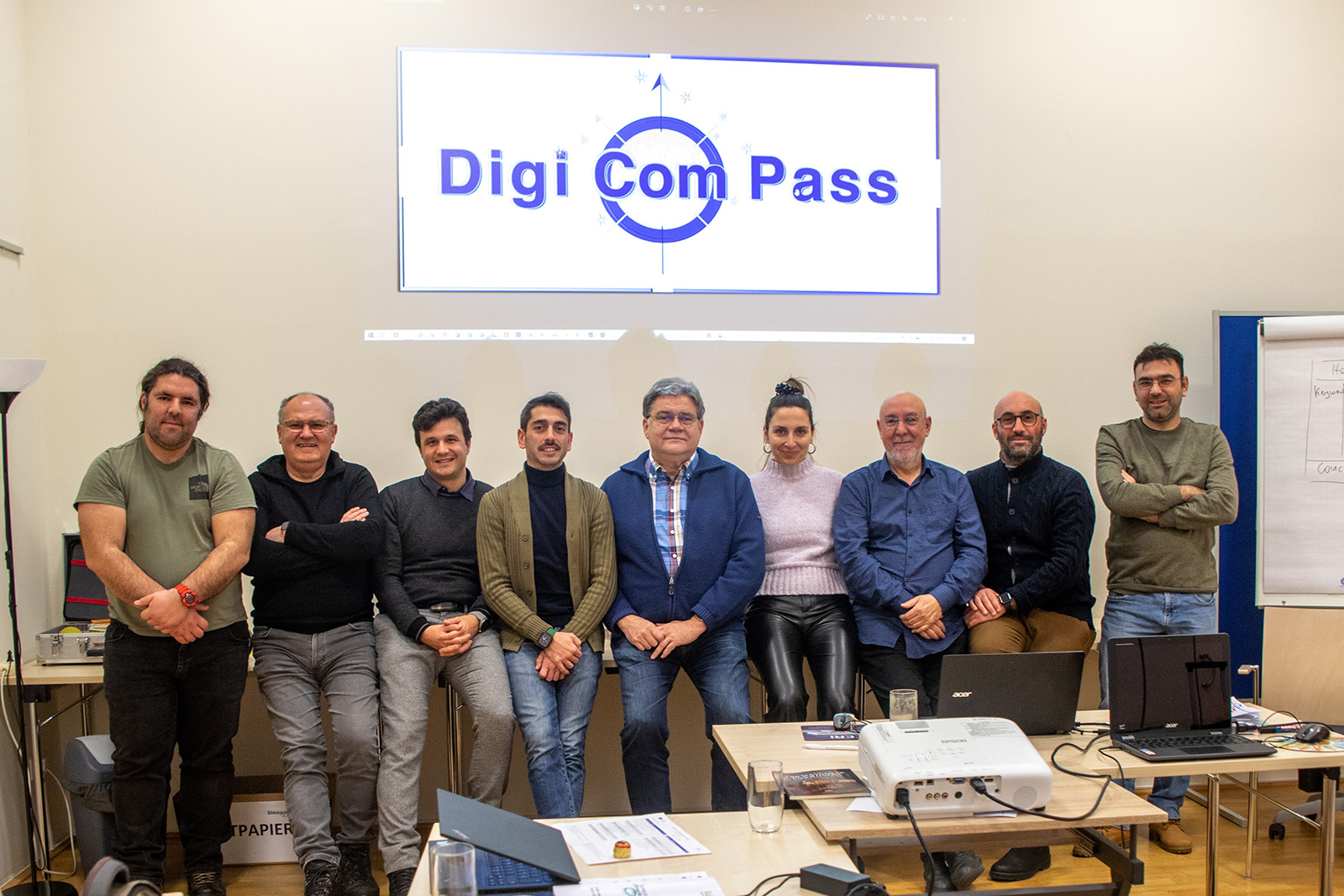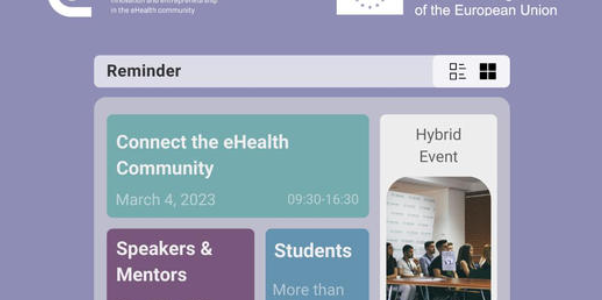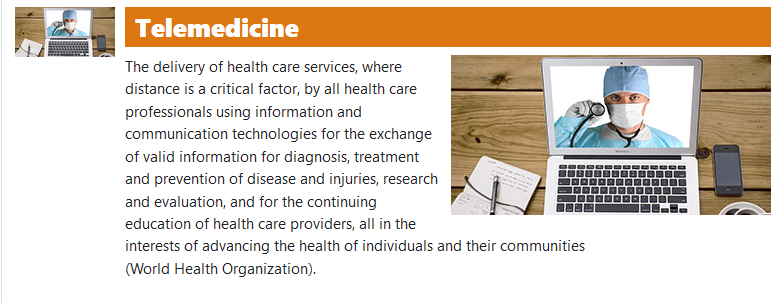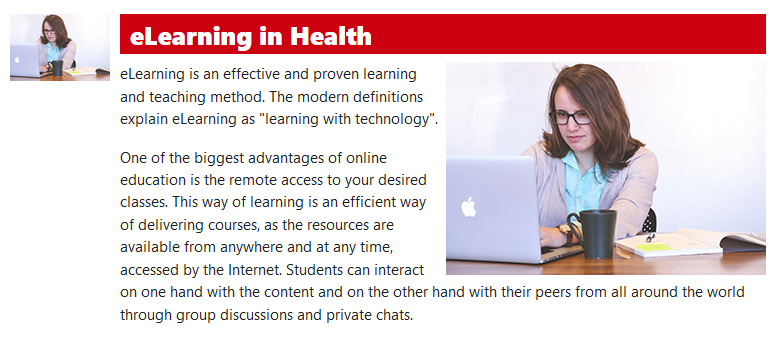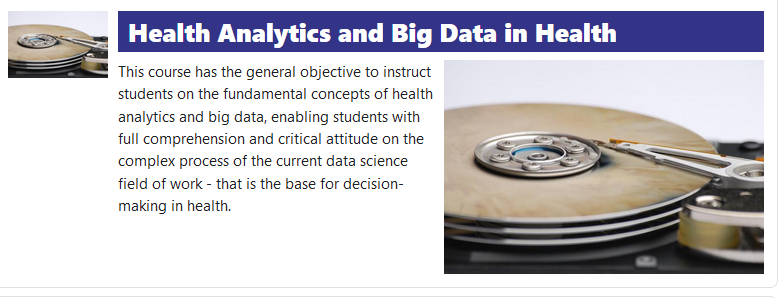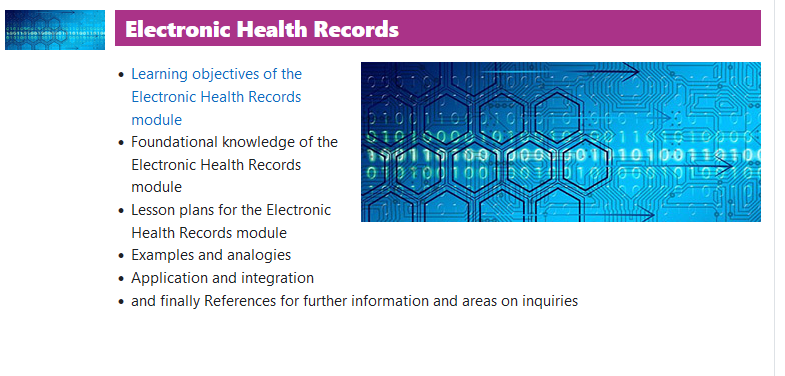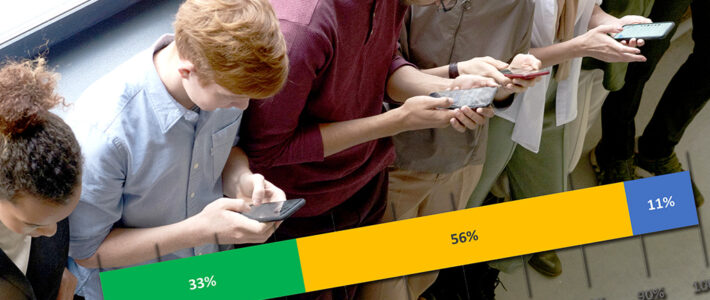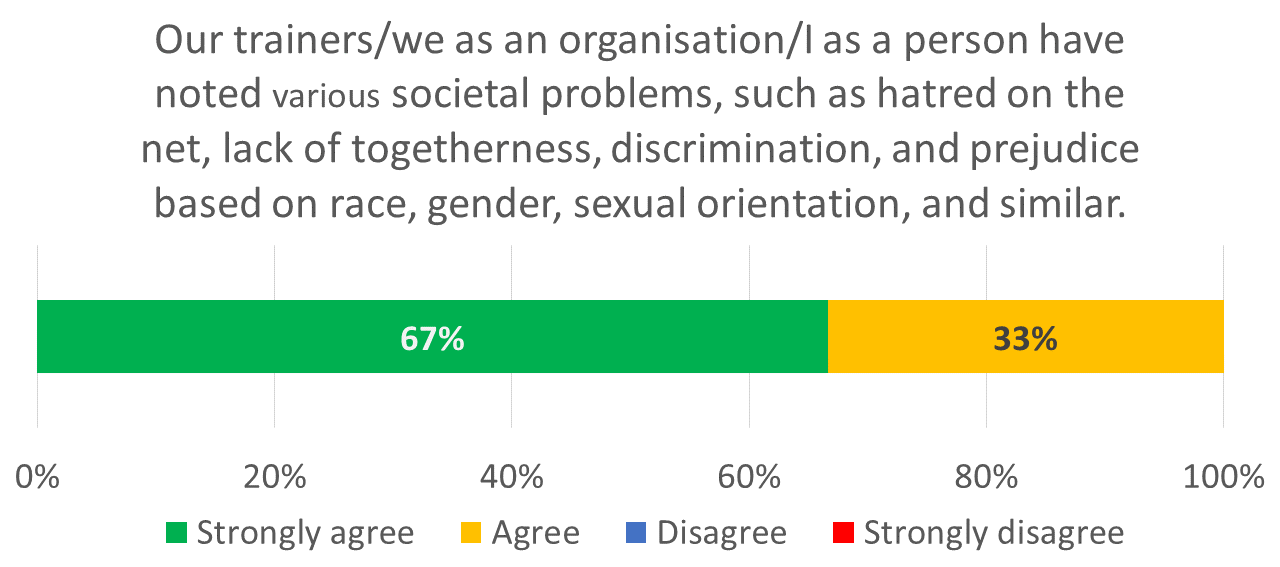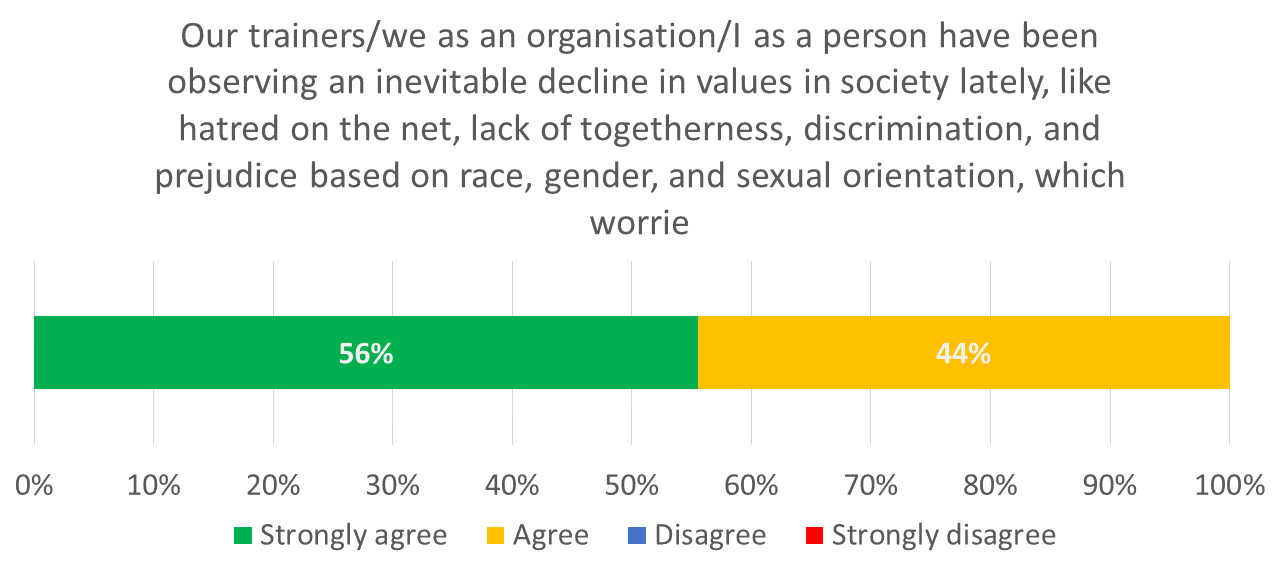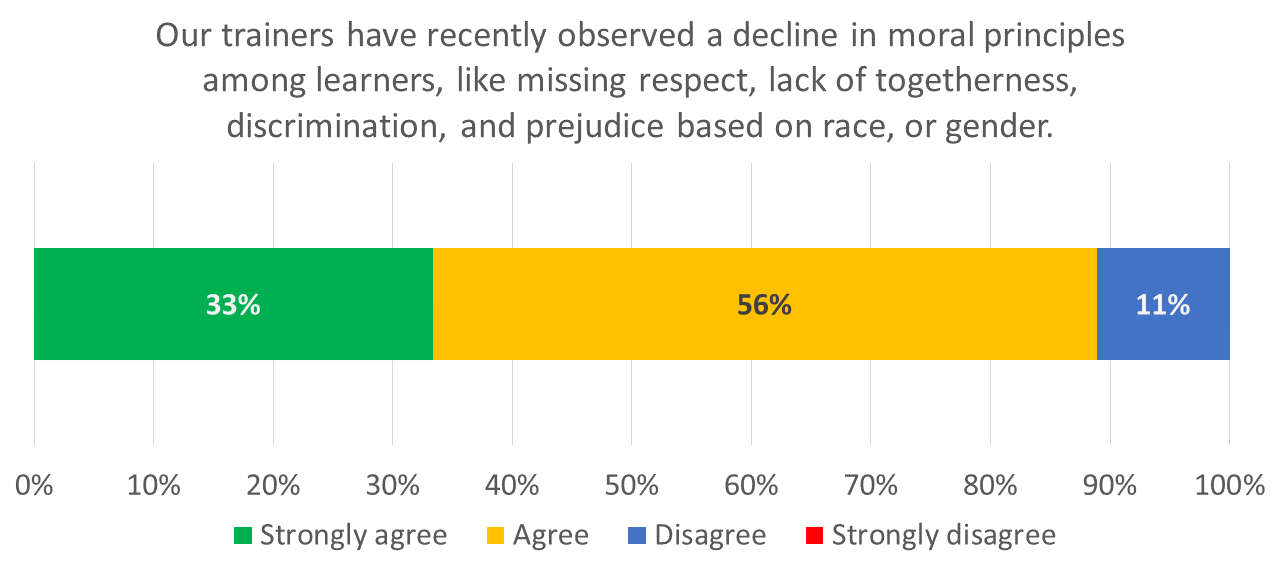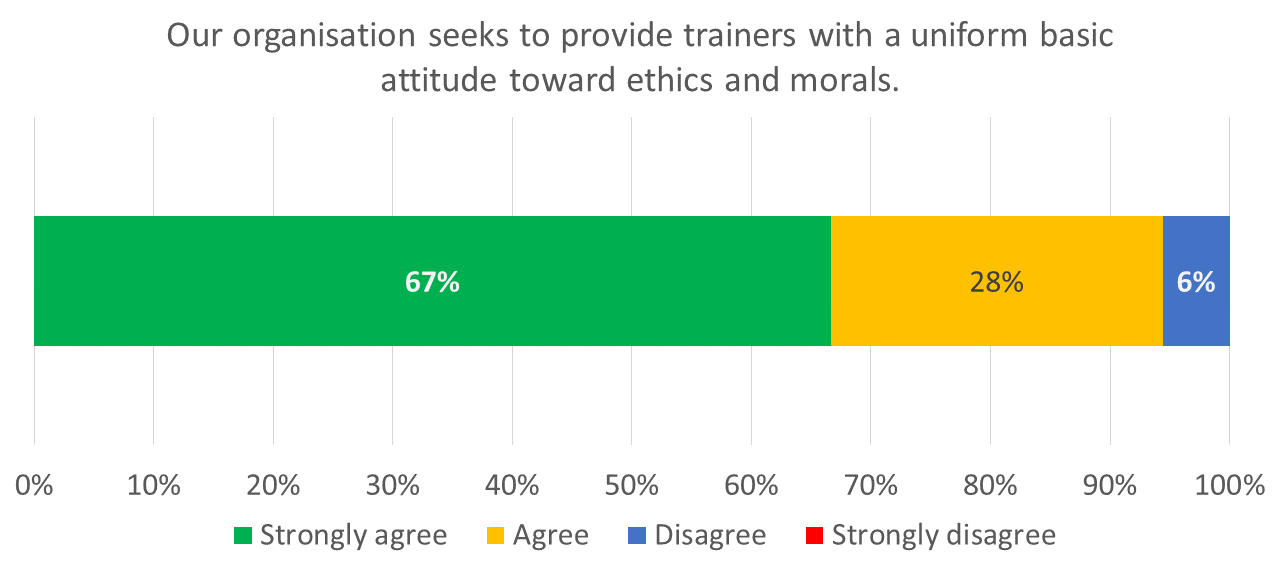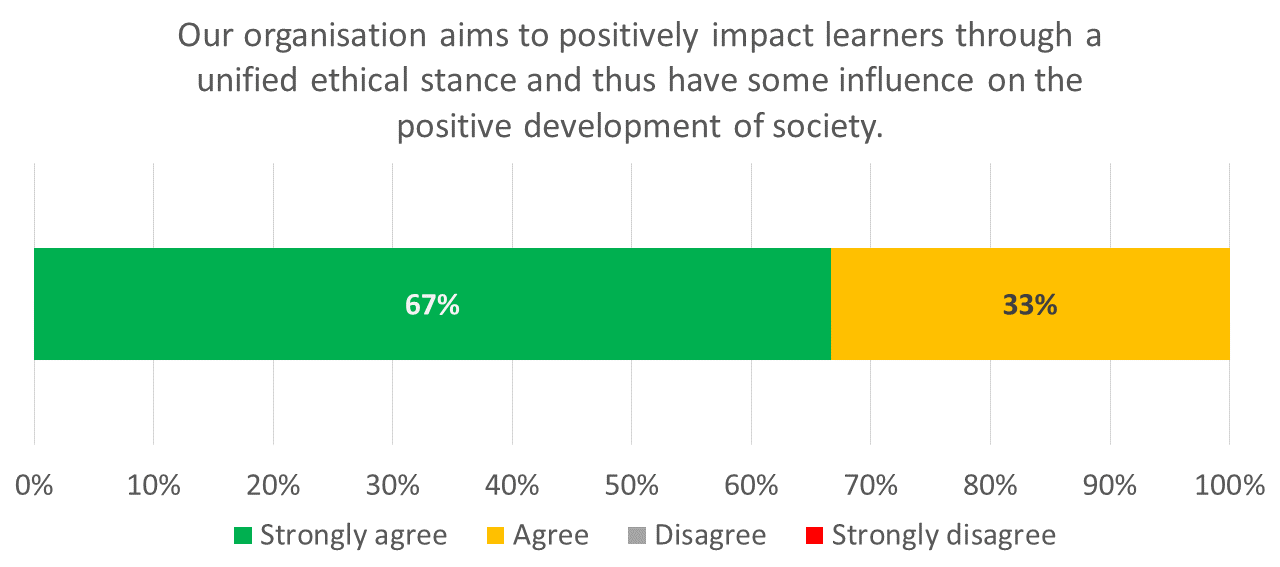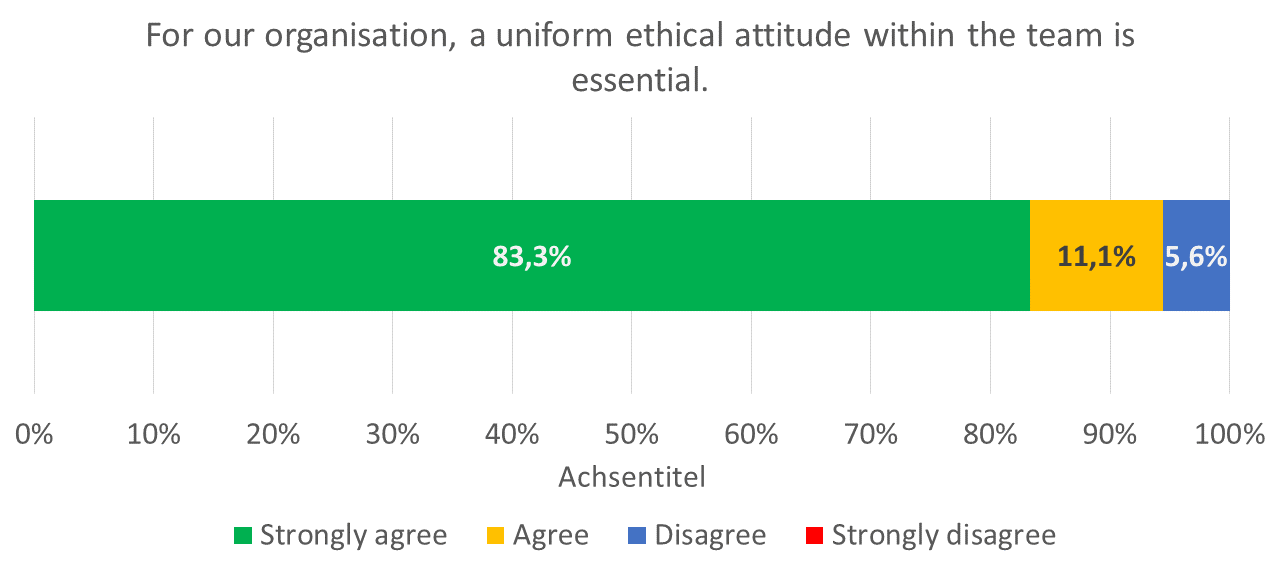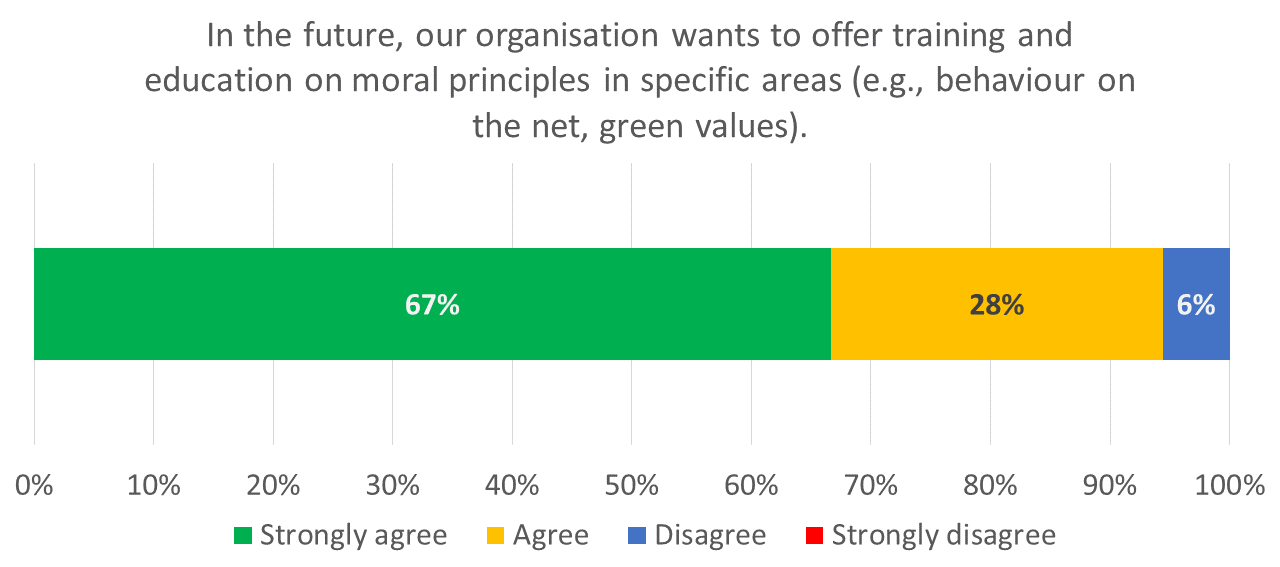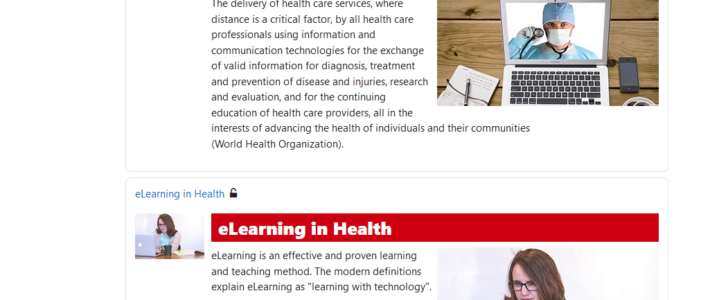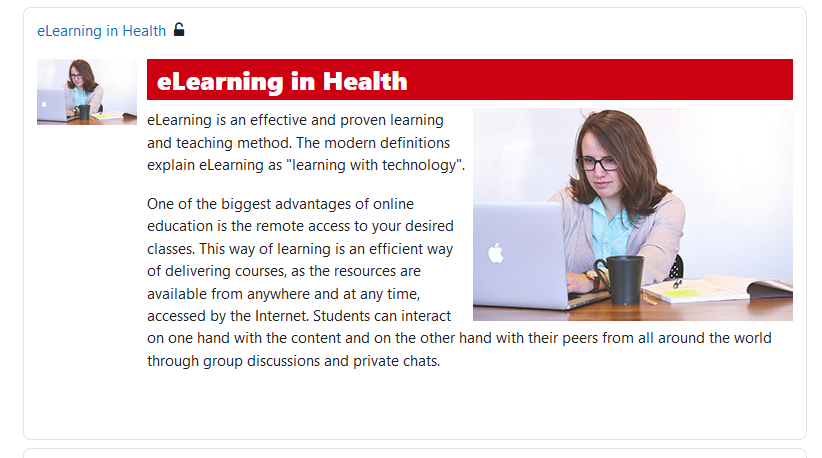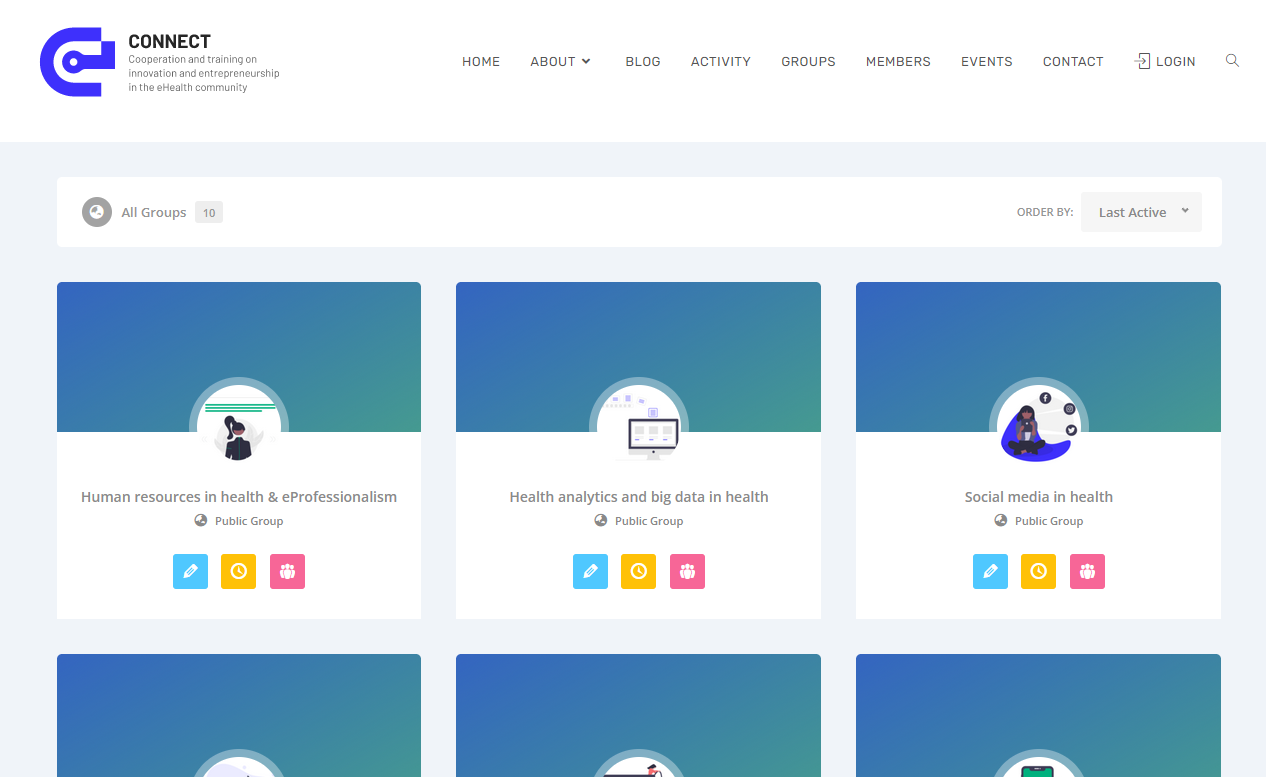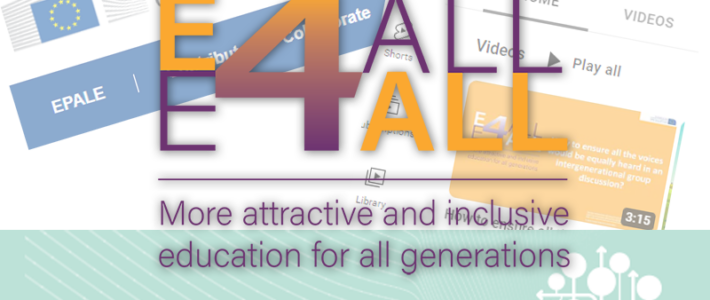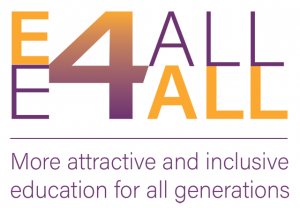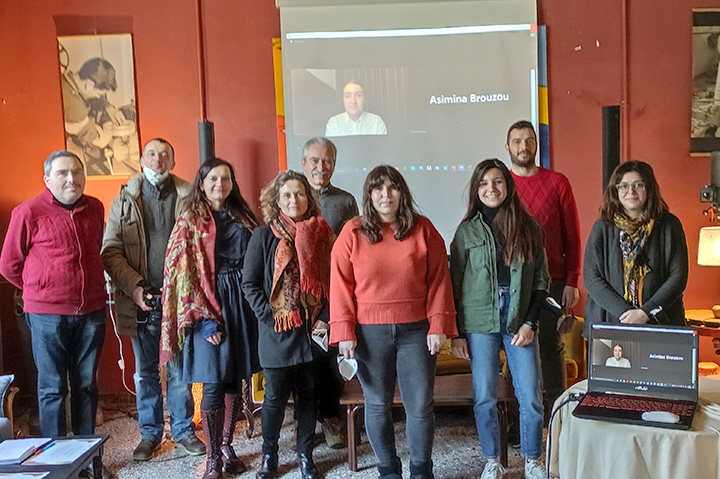Inclusion in Training

1 Our Approach to Inclusion
Inclusion in adult education refers to the practice of making educational opportunities and resources accessible to individuals regardless of their abilities, disabilities, socio-economic status, race, ethnicity, gender, language, or any other characteristic that might otherwise be a barrier to participation.
The goal of inclusion in adult education and training is to provide equal opportunities for learning and personal growth to all members of society. This involves creating a supportive and inclusive learning environment, offering flexible learning options, and addressing any barriers preventing individuals from accessing education.
With our measure, we follow the European Commission’s Guidelines.
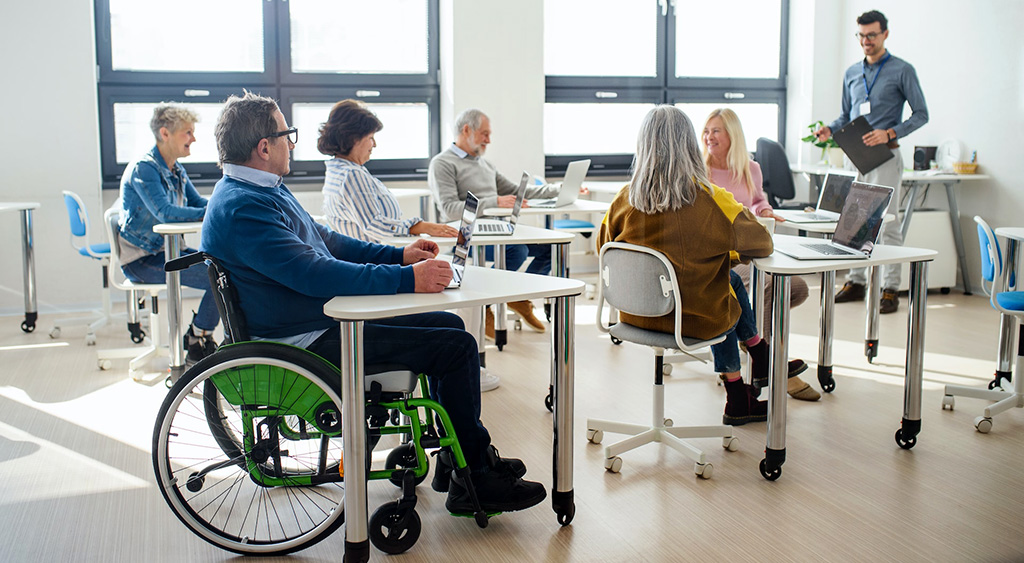
2 Measures of inclusion in Adult Education
There are various measures that can be taken to promote inclusion in adult education and training, including:
2.1 Accessible learning materials
Providing educational materials that are accessible to individuals with disabilities, such as audio or large print materials, Braille, or closed captioning.
This material must be usable by people with disabilities, including visual, auditory, physical, speech, cognitive, and neurological disabilities. This includes materials such as textbooks, videos, audio recordings, online resources, and assessments.
Accessible learning materials should be designed with accessibility in mind, incorporating features such as alternative text (e.g. transcripts for videos) or descriptions for images, closed captioning for videos, and audio descriptions for visual content. The goal of accessible learning materials is to ensure that individuals with disabilities have equal access to educational resources and can participate fully in the learning process.
2.2 Adaptive technologies
Incorporating assistive technologies such as screen readers, text-to-speech, and speech recognition software to help individuals with disabilities participate in the learning process.
2.3 Flexible learning options
This term addresses offering alternative delivery methods, such as online or self-paced learning, to accommodate individuals who may not be able to attend traditional classroom settings. This will include online learning, self-paced courses, evening and weekend classes, and distance education programs.
The goal of flexible learning options is to accommodate the diverse needs and schedules of adult learners, making education accessible to those who may not be able to attend traditional classroom-based programs.
Flexible learning options will provide opportunities for individuals who live in rural or remote areas, who are working full-time, or who have other responsibilities that prevent them from participating in traditional educational programs. By offering a variety of learning options, adult education programs can ensure that all individuals have access to educational opportunities and can participate in the learning process on their own terms.
2.4 Inclusive curriculum
Designing and delivering a curriculum that reflects the diversity of the adult learner population, including the experiences and perspectives of individuals from different backgrounds.
2.5 Support services
Providing support services, such as counseling, tutoring, and accommodations for individuals with disabilities, to ensure their success in the educational program.

2.6 Cultural sensitivity training
Providing training for teachers and staff to increase their cultural competence and understanding of the experiences of individuals from diverse backgrounds. From our point of view, this means of inclusion in training supports the learning of citizens in a multicultural society.
3 Support for disadvantaged learners
We implement “Support for Disadvantaged Learners” as mentioned below:
- Counseling and advising
Providing individualized support and guidance to adult learners to help them overcome any personal, educational, or financial barriers that may be preventing them from participating in the educational program.
This is done by special educated assistants of different ages during onsite training (or in the Group Learning Space of Flipped Learning 3.0) - Financial assistance
This is done by offering scholarships, grants, and other forms of financial aid to help cover the cost of tuition and other educational expenses for adult learners who may not have the means to pay for these costs themselves.
EBI offers regular training with scholarships for individuals. - Tutoring and mentoring
Providing one-on-one support and guidance from trained tutors and mentors is implemented to help adult learners build the skills and confidence they need to succeed in their educational program.
This is done by specially educated assistants of different ages during onsite training (or in the Group Learning Space of Flipped Learning 3.0)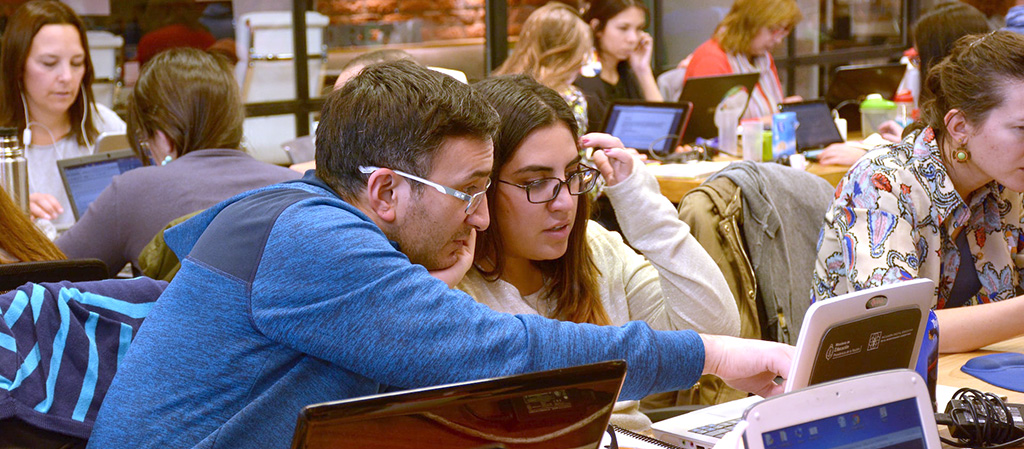
One-on-one support and guidance from trained tutors and mentors - Accommodations and Access to the training Venues
For individuals with disabilities, we are providing reasonable accommodations and support services, such as assistive technology, to help individuals with disabilities participate fully in the learning process. - Flexible scheduling
We are offering alternative scheduling options, such as evening and weekend classes, to accommodate the needs of adult learners who may be working full-time or caring for family members. The offered date of courses follows the needs of the relevant target group. - Basic skills development
EBI is offering basic skills’ development programs, such as adult basic education, technical basic skills, access to Learning Platforms, and more. This helps adult learners to build the foundational skills they need to succeed in their educational program.
By implementing these types of support measures for inclusion in training, our adult education programs help to ensure that all adult learners, regardless of their background or abilities, have the resources and support they need to succeed in the educational process.
